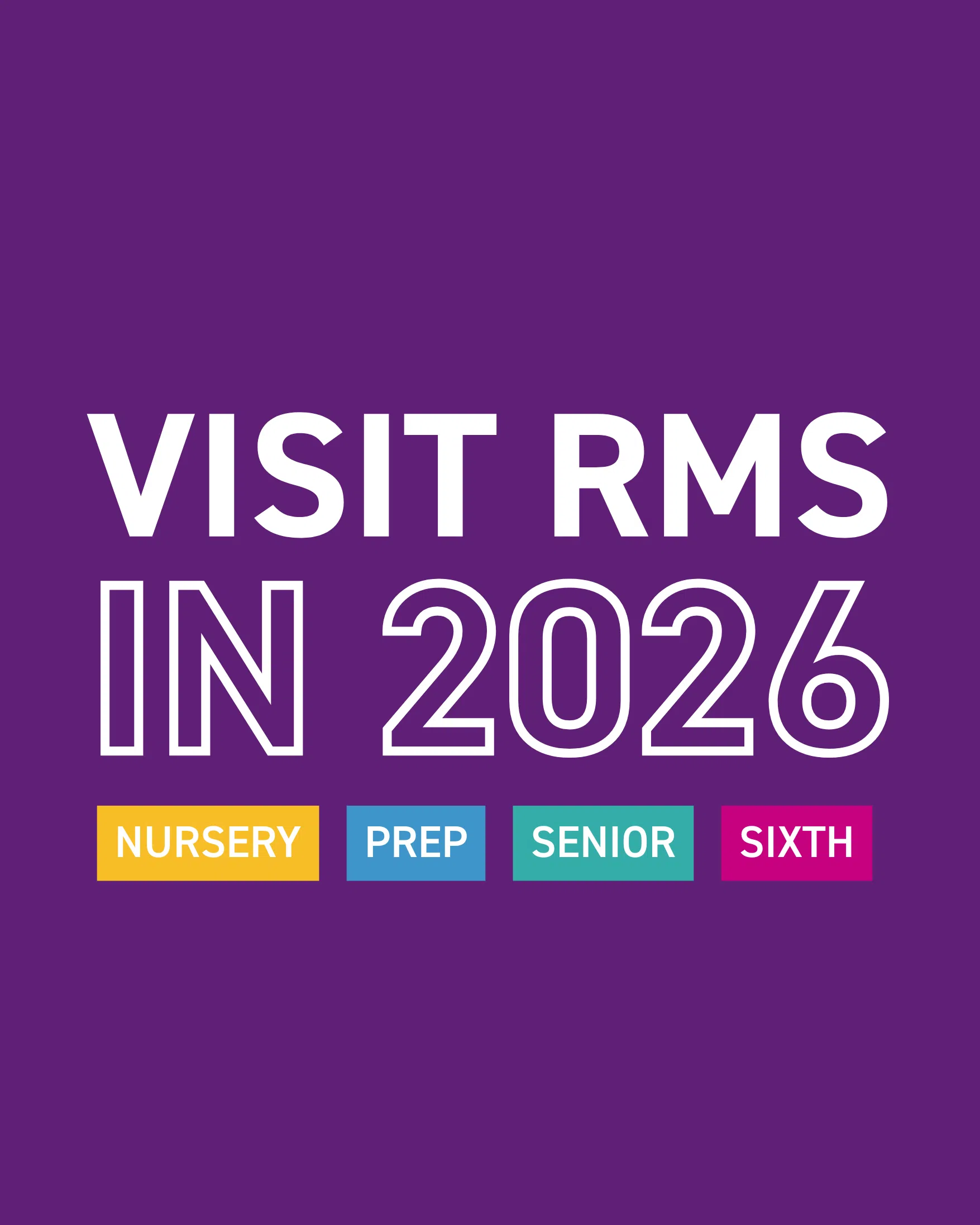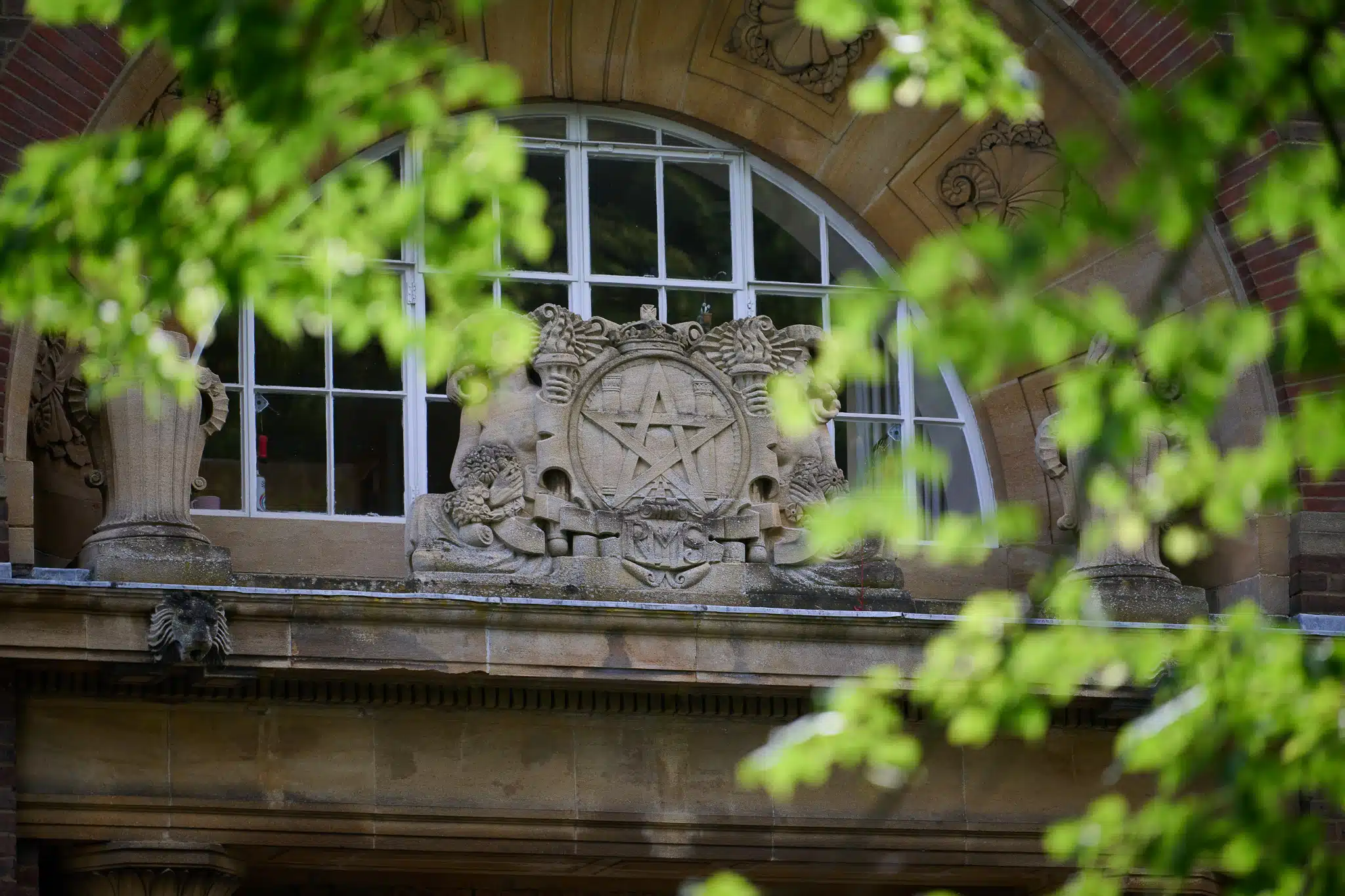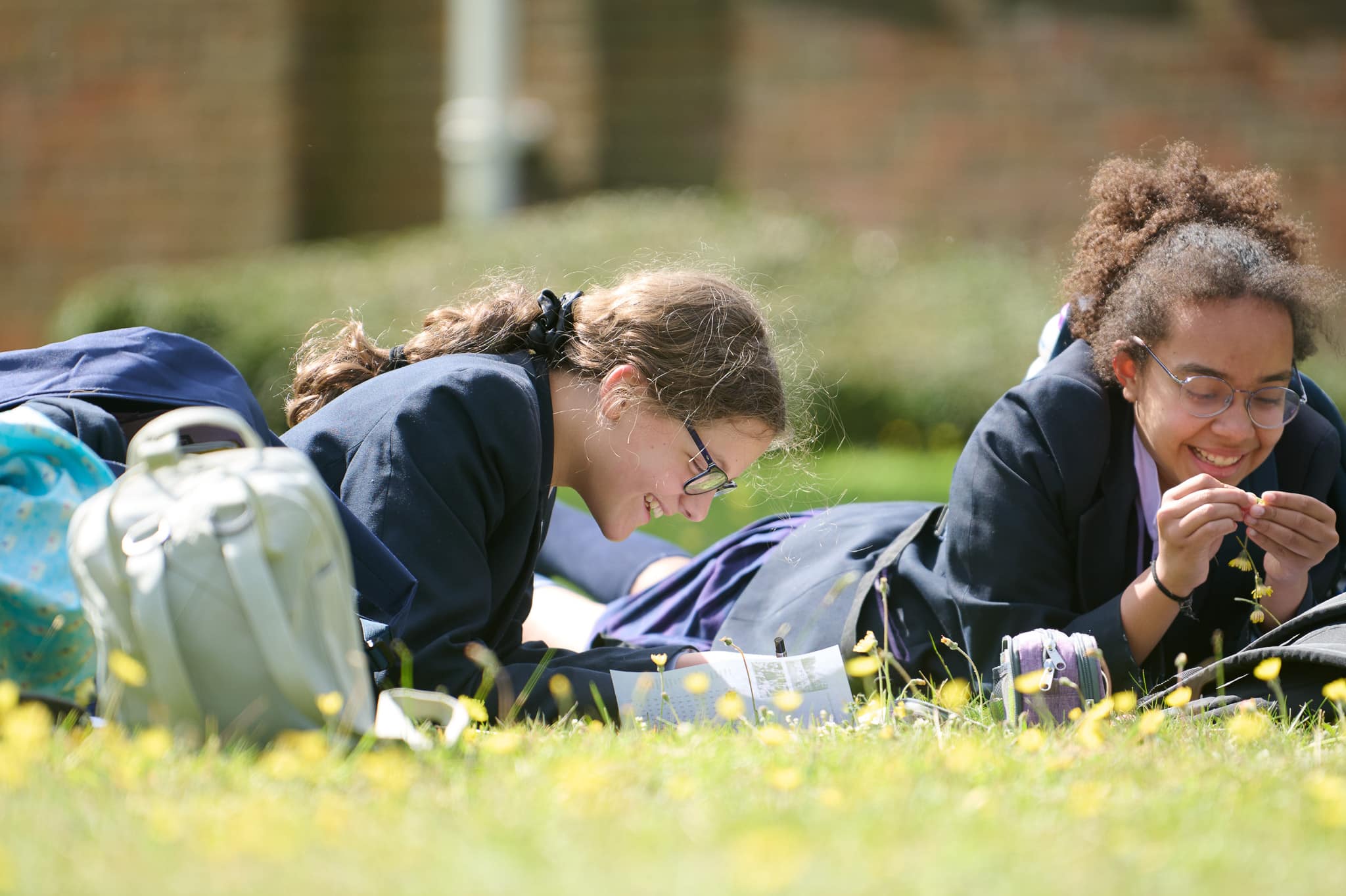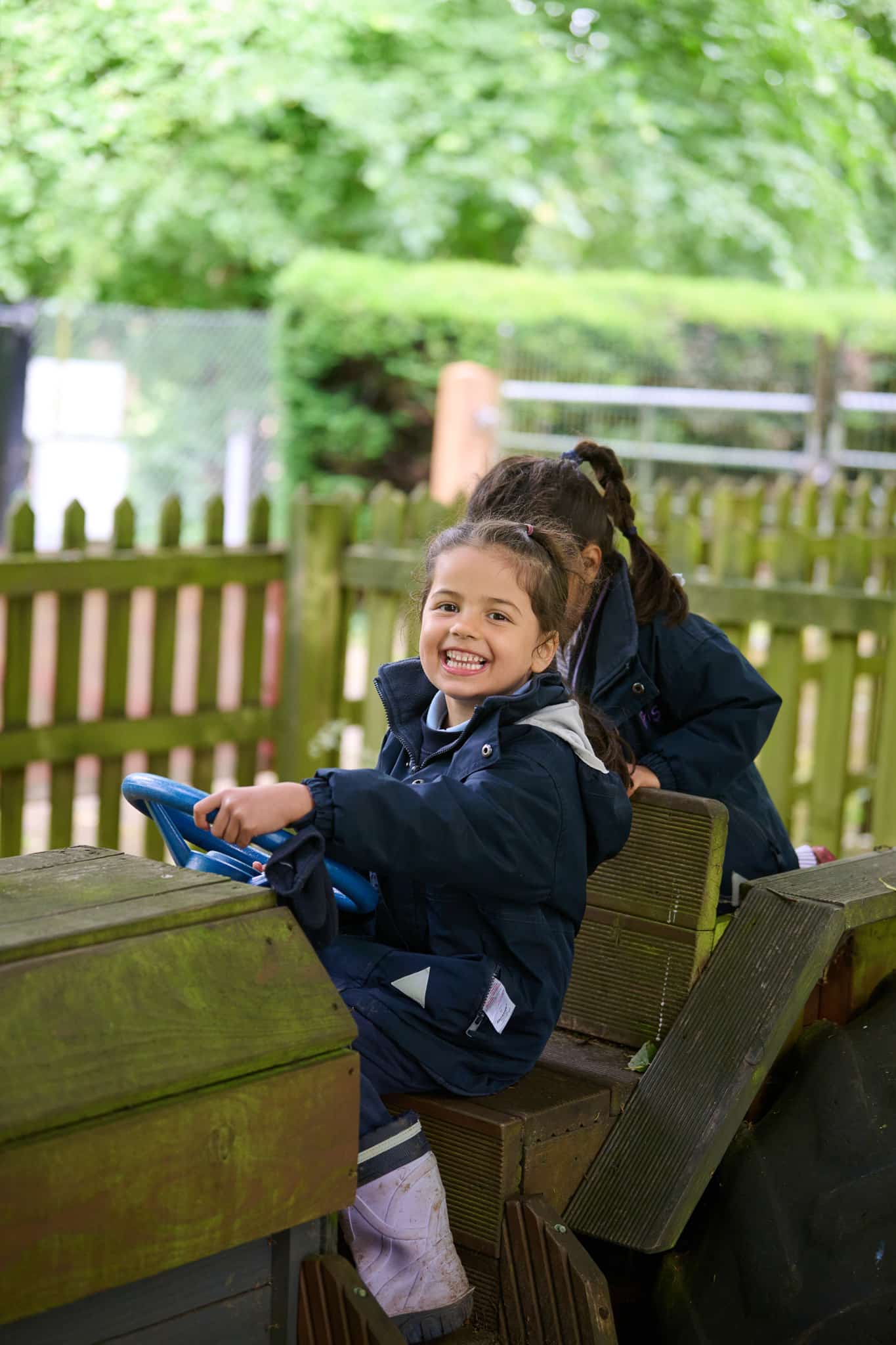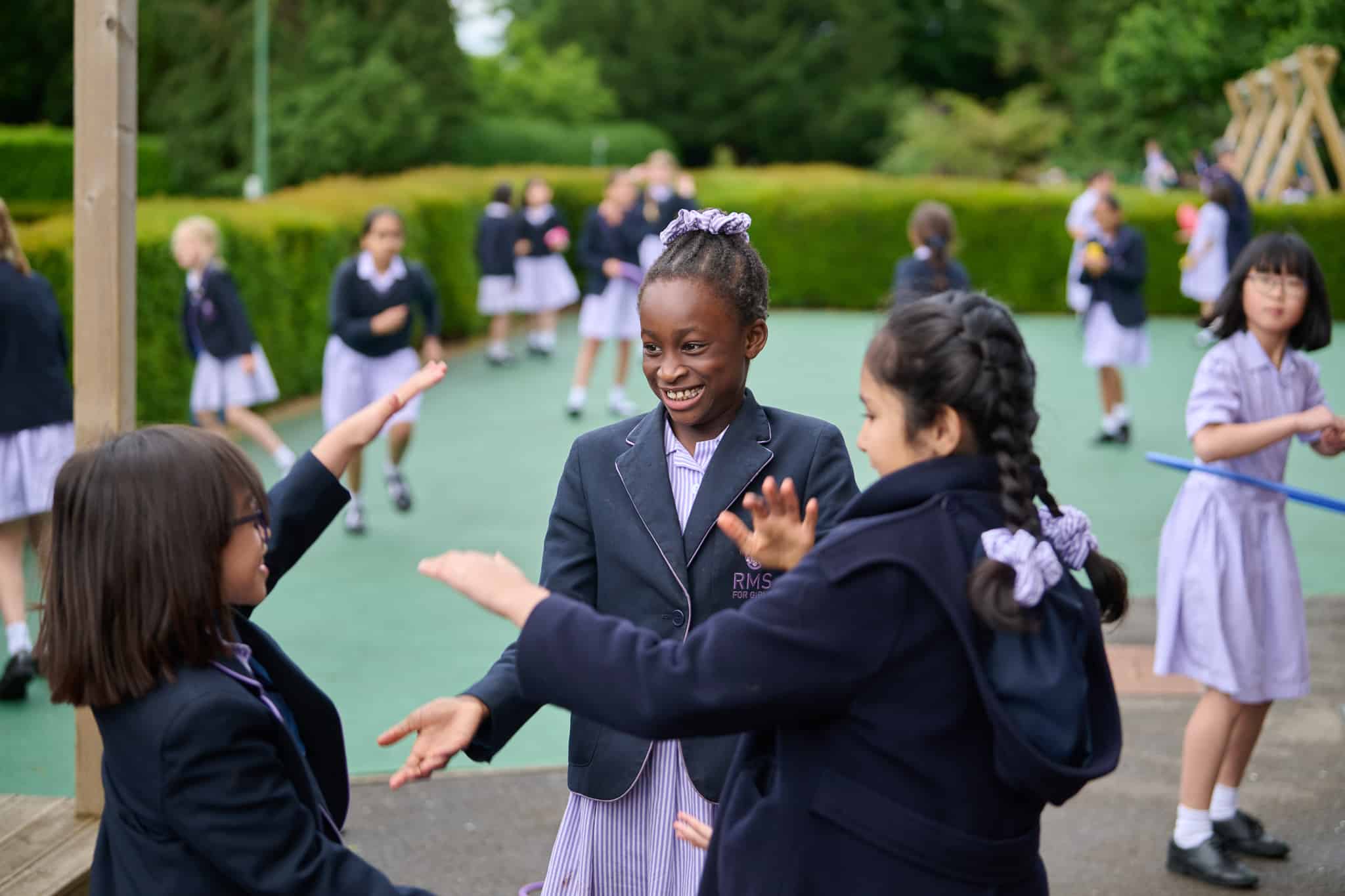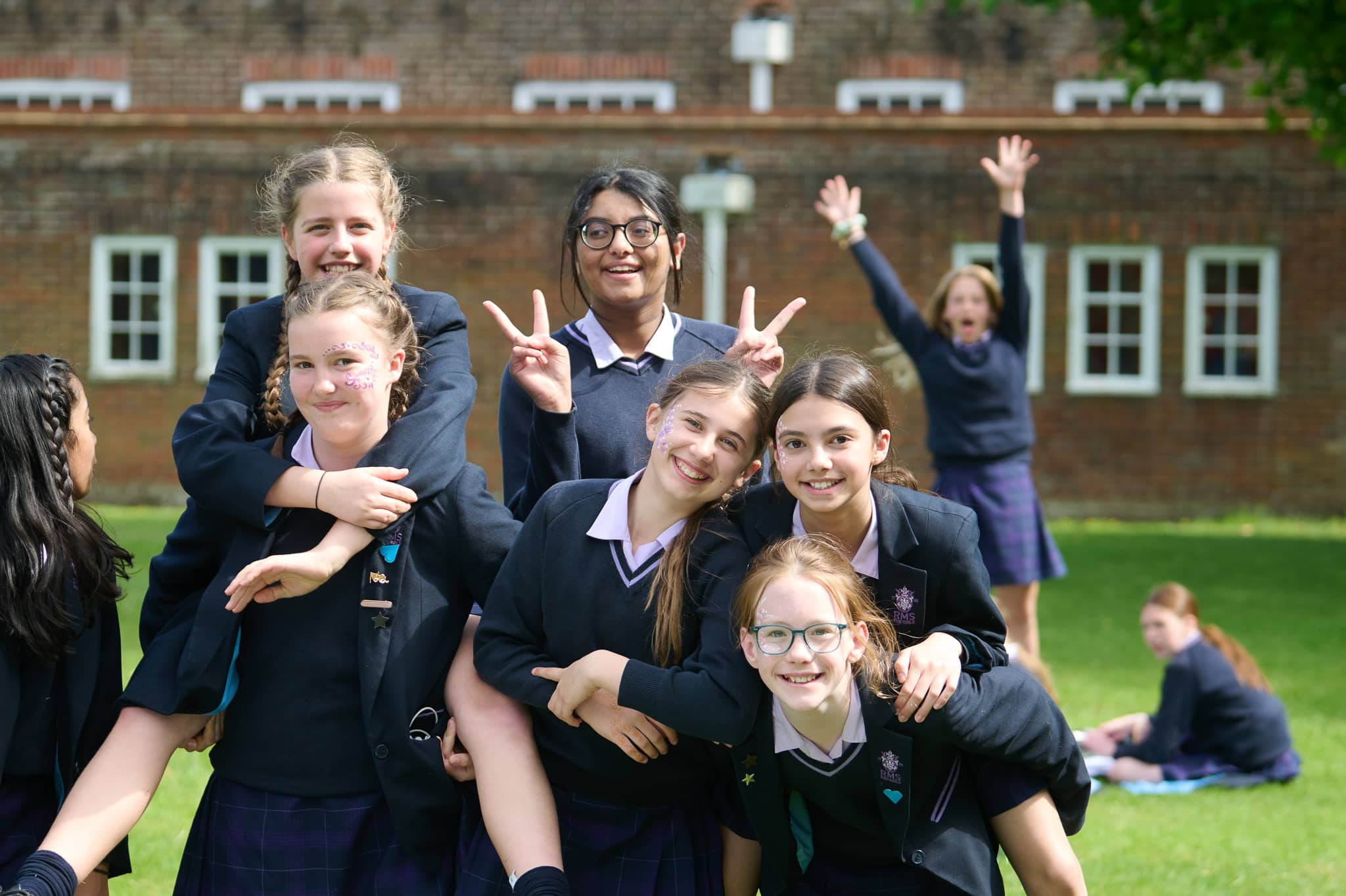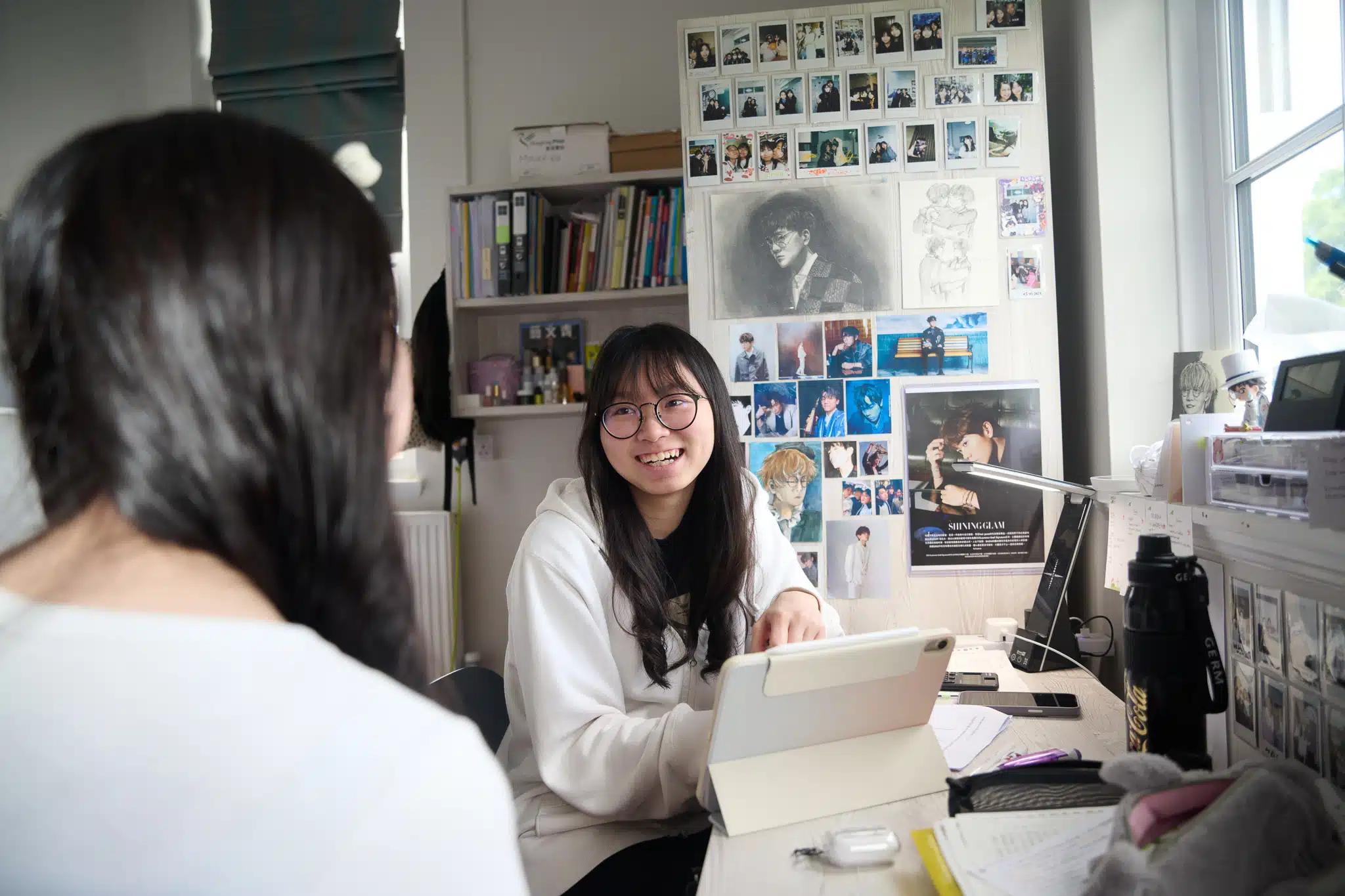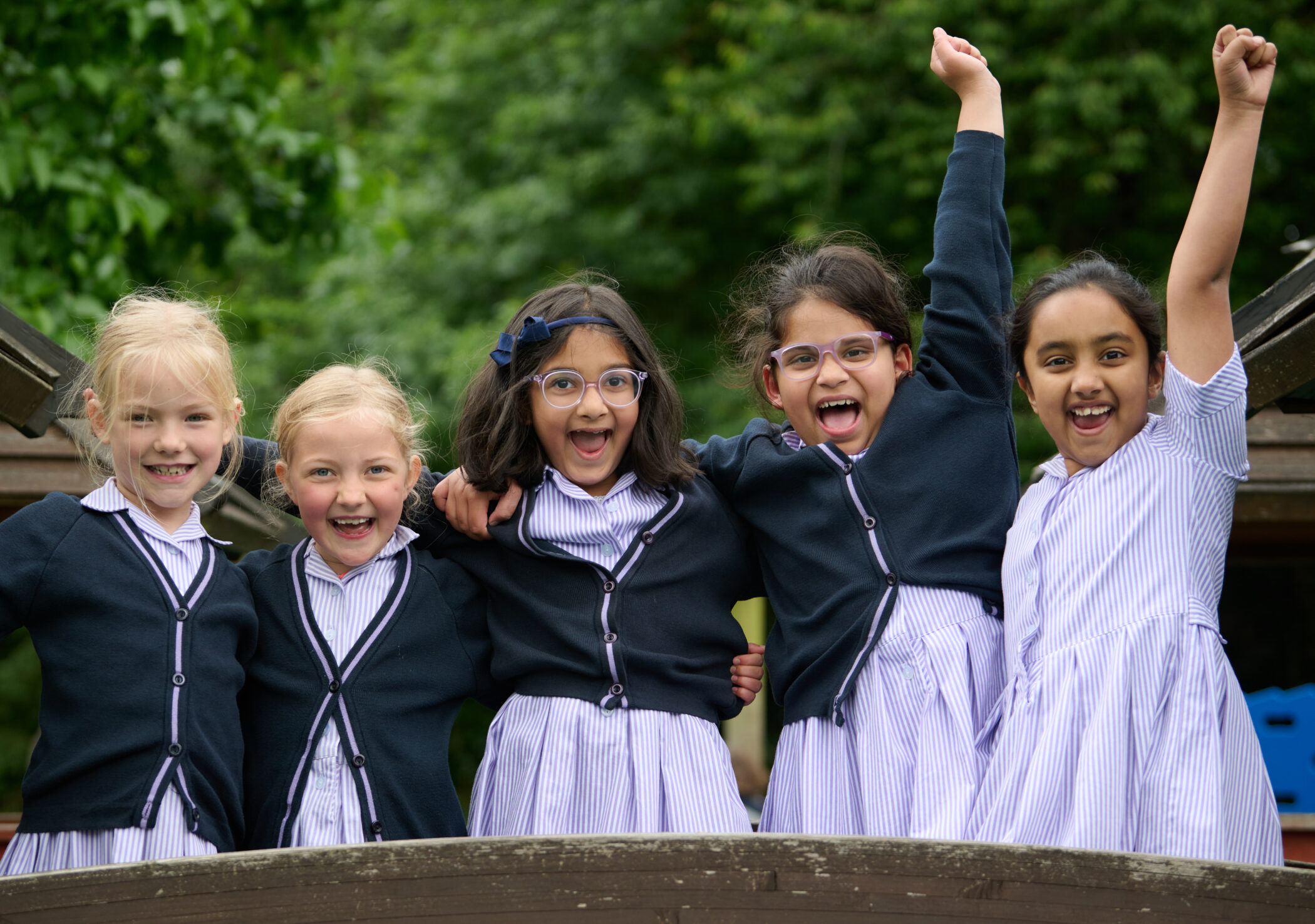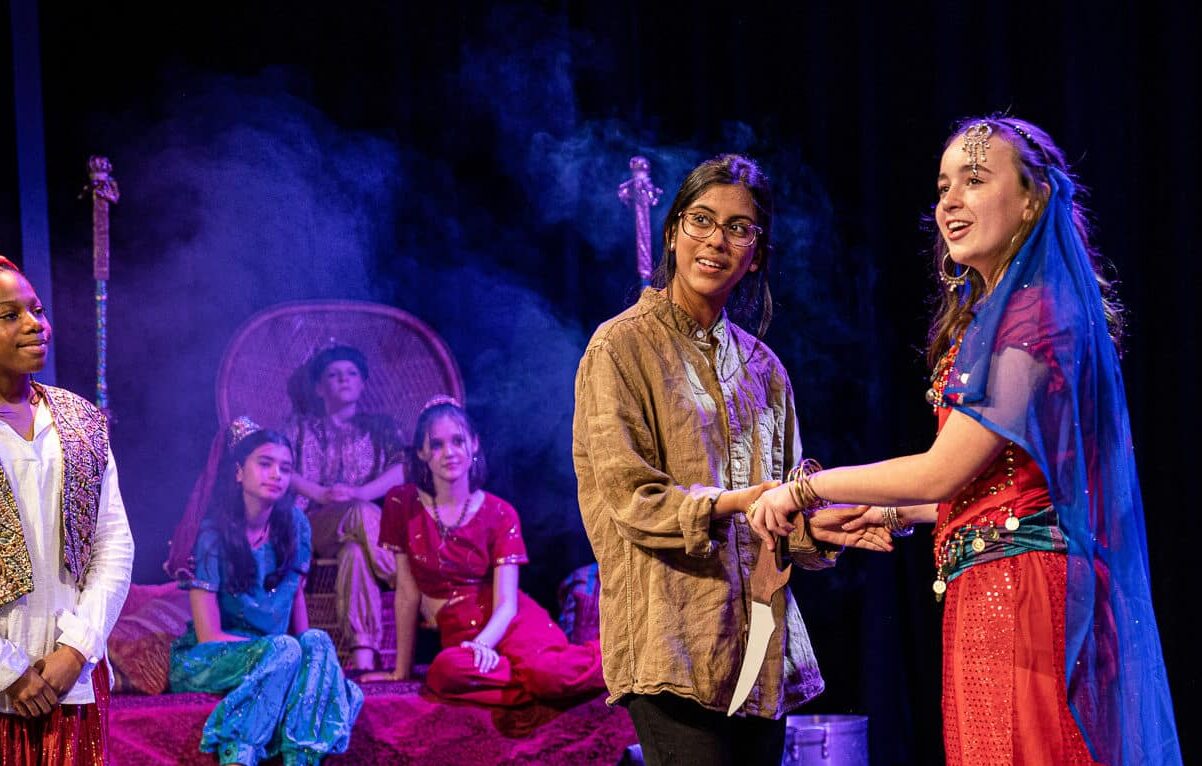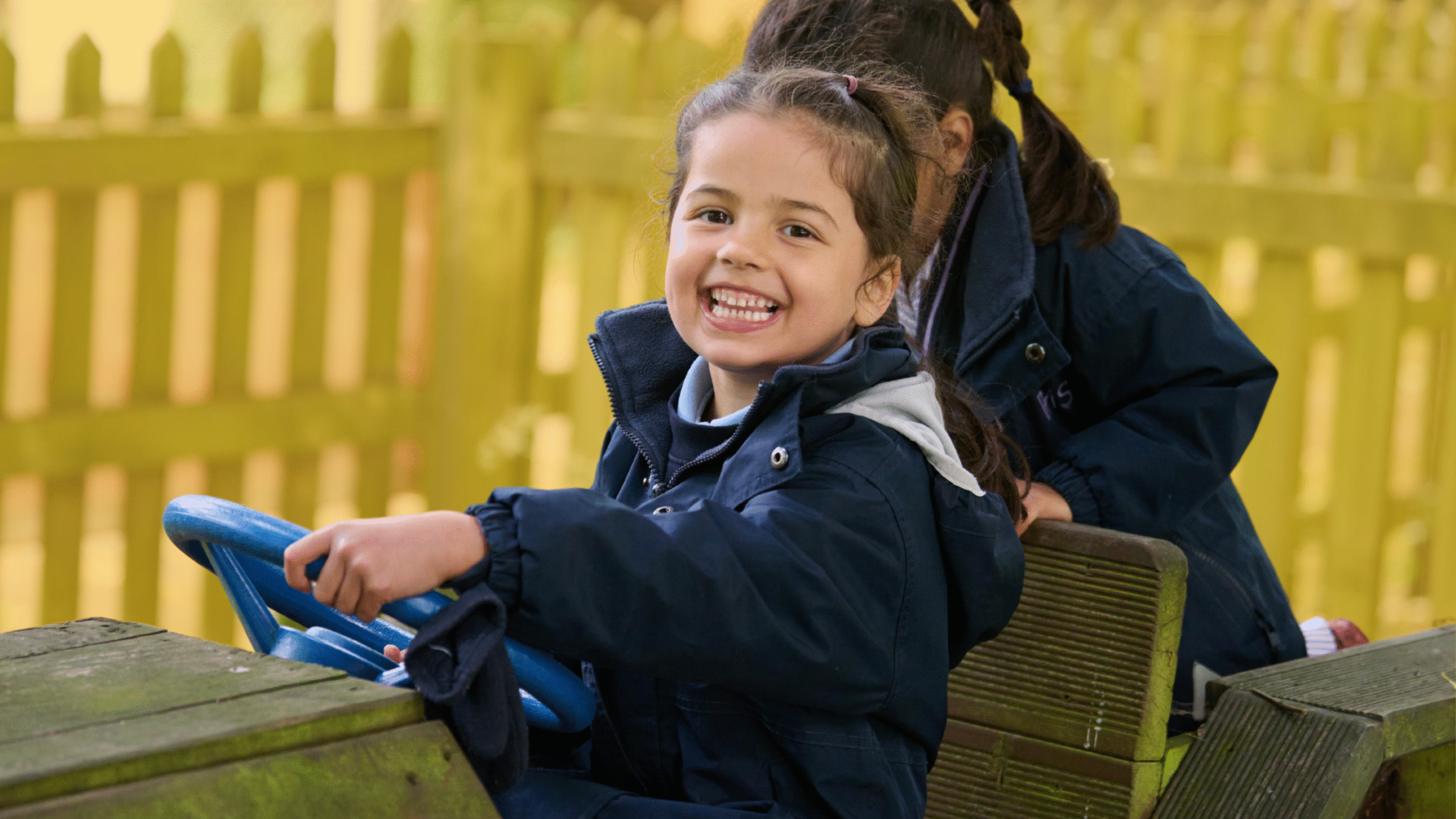At RMS, our commitment to nurturing every student from their earliest years is paramount. We understand that the journey of learning and growth begins long before the formal curriculum of Senior School.
To shed light on the importance of these foundational years, we recorded an episode of our podcast, Stirred By The Sun, with Mrs. Greig, Head of Ruspini House (our nurturing preschool for 2-4 year olds), and Mrs. Baker, Head of Early Years at Cadogan House (our outstanding Prep School).
This snippet is part of a larger conversation exploring how RMS approaches Early Years education. Read the overview below, and be sure to check out the full episode on Spotify.
The Power of the First Five Years
Mrs. Greig and Mrs. Baker both passionately articulated why these initial years are so significant. The first five years represent a period of unparalleled growth across all domains of development; cognitive, physical, social, and emotional. As Mrs. Baker highlighted, an astonishing “80% of brain development happens in the first five years, which is huge.” This makes early years educators pivotal figures, working in partnership with parents to build the very architecture of a child’s mind. Mrs. Greig further emphasised this, stating, “we know that the first five years of a child’s life has the greatest impact in their long-term learning, and that’s because in the first five years it is the fastest rate of growth of all areas of their learning.”
This understanding challenges traditional views on educational investment. Both heads advocate for a greater emphasis on early intervention, believing that focused resources and expertise at this stage can have the most profound and lasting positive impact on a child’s life trajectory. Addressing developmental needs early can potentially prevent more significant challenges from arising later in their academic journey. As Mrs. Baker eloquently put it, “if we do it earlier, then the children may not necessarily have the challenges and issues that they would face later on… It’s much more difficult to change once that architecture of the brain has been built.”
The Magic of Play-Based Learning
Central to the success of early years education at RMS is the recognition of play as a fundamental tool for learning. The curriculum in Ruspini and Reception is thoughtfully designed to be play-based, allowing children to explore, experiment, and make crucial connections in a way that is both engaging and developmentally appropriate. Through play, children develop essential skills such as resilience, turn-taking, self-discipline, and tolerance. These are qualities that underpin their future success in learning and life. Mrs. Greig affirmed this, saying, “all of those skills are best learnt through play. So, the curriculum is play-based for a reason… this is how children make those connections and they learn resilience, they learn turn-taking, they learn self-discipline.” Mrs. Baker shared a compelling perspective, quoting that “depriving children of play is a biochemical equivalent of starving them,” emphasising its vital role in healthy development.
A Global Perspective and Local Commitment
Mrs. Greig pointed to international research that demonstrates the long-term benefits of extended time in early years settings. “There was research last year internationally, and that showed that children who have had a longer time in an early years setting will have better future outcomes as well.” While acknowledging a growing understanding of its importance, both heads emphasized the ongoing need to advocate for and protect the unique developmental needs of our youngest learners, particularly within national education policy where early years can sometimes be overlooked. As Mrs. Baker noted, “so often the early years are not at the forefront of some people’s thinking,” and this was particularly evident during the pandemic.
At RMS, we are fortunate to have a dedicated and highly qualified team in our early years settings. As Mrs. Baker stated, “we’ve got a very experienced, qualified staff team here,” ensuring that our youngest learners receive expert guidance.
Building Connections: The Cornerstone of Early Years
A key priority in welcoming our youngest students into Ruspini and Reception is the focus on building strong and meaningful connections. This involves nurturing relationships not only with the children but also with their families. By understanding individual interests and creating a classroom environment where children see themselves reflected, our educators foster a sense of belonging and security, which is essential for learning to flourish. Mrs. Greig explained, “it’s about connecting with those children, those families, and the more connections that we have, if we know those children, we know what they’re interested in. We can set up those interests in the classroom when they come in.” Open communication and partnership with parents are integral to this process, recognizing the vital role families play in a child’s early development. Mrs. Baker emphasised this, saying, “You can’t look at children in isolation and early years. You have to look at that whole family context.”
Navigating the Unique Challenges
Mrs. Baker addressed some of the unique challenges in early years education, particularly the importance of having developmentally appropriate expectations. For instance, the physical development of young children’s hands means that pushing formal writing too early can be counterproductive. “Children’s hands aren’t fully developed until the bones in their hands until they’re seven. So kind of expecting formal writing too early is actually unproductive or detrimental.” Instead, the focus is on providing a wealth of varied play experiences that naturally build the necessary physical, social, and emotional foundations for future academic learning. Mrs. Greig reinforced this, highlighting that “there is no benefit to push children too early into any kind of formal learning” and that doing so can actually inhibit their curiosity, independence, and critical thinking skills. “If we make it too formal and we do too much top-down teaching, it actually inhibits their critical thinking skills.”
A Holistic Approach to Growth
Ultimately, the early years at RMS are about nurturing the whole child. Through a carefully considered, play-based approach, underpinned by strong relationships and a deep understanding of child development, we aim to provide the strongest possible start for every student. As Mrs. Baker so eloquently stated, “making the connection themselves is what’s important. That’s where those neural pathways are making a physical connection. That’s when it is real to them, really.” Our commitment to these crucial early years reflects our unwavering dedication to supporting every student at RMS from their very first steps.
Listen to this SBTS Mini Episode below.
